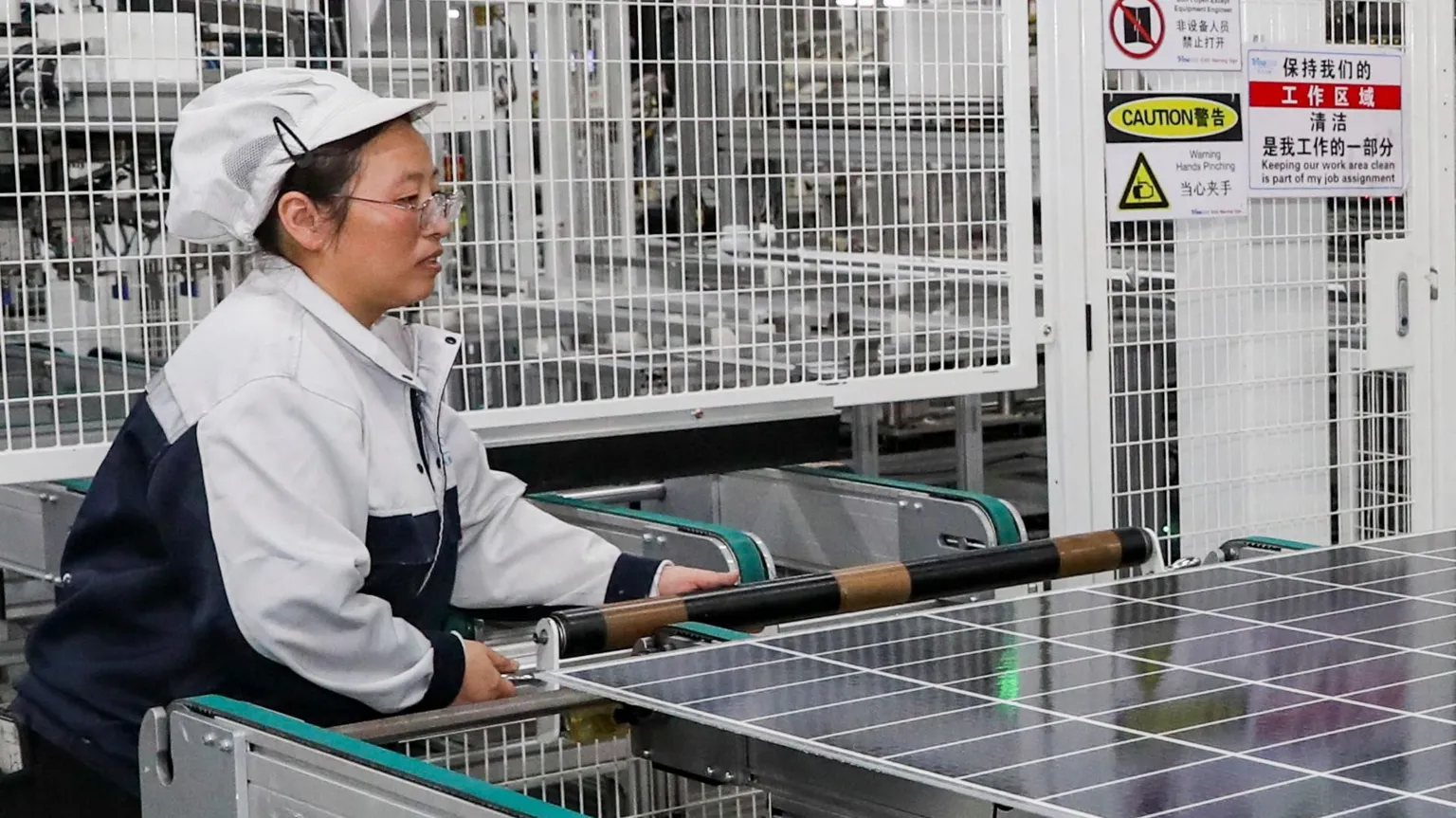Washington DC – In a bold escalation of trade measures, the United States Commerce Department has proposed steep tariffs—some as high as 3,521%—on solar panel imports from four Southeast Asian nations: Cambodia, Thailand, Malaysia, and Vietnam. The move follows a year-long investigation prompted by US solar equipment producers seeking protection from what they allege are unfair trade practices enabled by Chinese subsidies.
The proposed tariffs are a combination of countervailing and anti-dumping duties, aimed at curbing the flow of solar products that are sold below market value in the US, allegedly undercutting American manufacturers.
Companies operating in Cambodia face the highest penalties, particularly those deemed uncooperative during the investigation. Cambodia-based exporters may see tariffs as high as 3,521%, a figure that has raised concerns across global supply chains.
Meanwhile, Malaysia-based units of Chinese manufacturer Jinko Solar received some of the lowest tariffs—just over 41%—while Trina Solar’s operations in Thailand were handed a substantial 375% rate.
A final decision on the tariffs is expected in June, to be issued by the US International Trade Commission. If implemented, the ruling could have sweeping implications for the global solar market, particularly as Southeast Asia plays an increasingly critical role in manufacturing and exporting renewable energy components.
The timing also intersects with mounting global concerns over decarbonization and clean energy accessibility. Critics argue that these tariffs could inadvertently slow the adoption of affordable solar solutions in the US, while advocates see them as essential to revitalizing domestic industry.
This latest policy signal marks yet another turn in the evolving landscape of trade and industrial policy under the legacy of former President Joe Biden, reflecting intensifying scrutiny over Chinese manufacturing dominance and its offshore networks across Southeast Asia.








